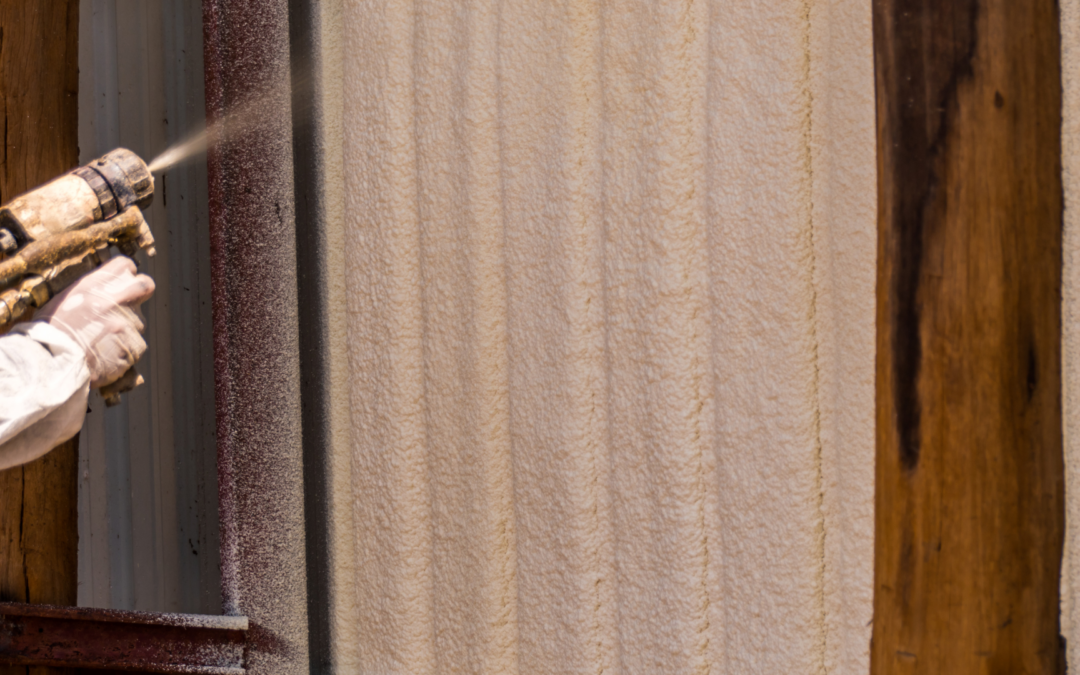In the heart of winter, maintaining a warm and inviting home becomes a top priority for many. The key to achieving this cozy atmosphere lies in understanding the dynamics of insulation. Insulation plays a pivotal role in preserving the warmth within your home, ensuring that the cold winter air stays out. This guide will explore the critical aspects of home insulation and how it contributes to your comfort and energy efficiency during the colder months.
The Significance of Quality Insulation
Insulation is more than just a barrier against the cold; it’s an investment in year-round comfort and energy savings. Proper insulation ensures that the warmth generated inside your home doesn’t escape, making it crucial for maintaining a comfortable living environment during winter.
Types of Insulation Materials
Insulating your home is crucial for maintaining energy efficiency and comfort. Here are some common insulation materials:
- Fiberglass: Widely used due to its effectiveness and affordability. It’s made from fine glass fibers and is most commonly found in batts, rolls, and loose-fill insulation.
- Cellulose: An eco-friendly option made from recycled paper. It’s treated with fire retardants and is effective at reducing energy costs.
- Spray Foam: Offers superior coverage, sealing gaps and leaks. It’s applied wet and expands into a thick foam that can insulate and seal air leaks.
Key Areas to Insulate
Choosing the right areas to insulate can significantly enhance your home’s energy efficiency. Here are the key areas to focus on:
- Attics: Prevents heat from rising and escaping through the roof. Insulating your attic can help keep your home warmer in the winter and cooler in the summer.
- Walls: Keeps the cold out and the warmth in. Insulating your walls is essential for creating a barrier against cold temperatures.
- Floors and Basements: Blocks cold air from entering through the ground. Insulating these areas can prevent dampness and make your living spaces more comfortable.
Enhancing Comfort with Insulation
A well-insulated home not only stays warmer but also enhances your overall comfort. By maintaining a consistent temperature, insulation eliminates cold spots and drafts that can make wintertime unbearable.
Benefits of Effective Insulation
- Consistent Indoor Temperatures: Reduces fluctuations, keeping your home comfortable.
- Reduced Energy Bills: Efficient insulation means less energy is needed to heat your home.
- Increased Home Value: Homes with good insulation are more attractive to buyers.
Insulation’s Role in Energy Efficiency
Insulation’s impact on your home’s energy efficiency cannot be overstated. By keeping warm air inside, insulation reduces the workload on your heating system, leading to significant energy savings.
Tips for Maximizing Insulation Efficiency
To reduce energy bills and enhance comfort, consider these strategies for improving your home’s insulation:
- Seal Leaks and Drafts: Ensure windows, doors, and other openings are properly sealed.
- Upgrade Old Insulation: Replace or supplement existing insulation to improve its effectiveness.
- Consider Professional Assessment: A professional can identify areas needing improvement.
- Add Insulation to Attics and Basements: These areas often lack sufficient insulation, affecting overall home efficiency.
- Install Energy-Efficient Windows: Consider double-glazing or thermal curtains to reduce heat loss.
- Use Draft Excluders: Place these under doors and around windows to keep warm air in and cold air out.
Preparing Your Home for Winter
Taking steps to ensure your home is properly insulated before winter sets in can save you from discomfort and high energy costs. Here are some preparatory measures to consider:
Insulation Check-Up
- Inspect Existing Insulation: Conduct a thorough examination of your current insulation. Look for any signs of wear such as thinning, tearing, or gaps that might need filling. It’s crucial to address these issues to maintain energy efficiency in your home.
- Evaluate Insulation R-Values: Assess the R-Values of your insulation, which measure its resistance to heat flow. Ensure that your insulation meets or exceeds the recommended levels for your geographic area to maximize energy savings and comfort.
Professional Insulation Service
- Consultation and Assessment: A professional insulation service can provide a detailed assessment of your current insulation and identify areas of improvement.
- Expert Installation: Leverage the expertise of professionals for the installation of new insulation or the upgrade of existing materials to ensure optimal performance.
- Custom Solutions: Professional services can offer customized insulation solutions tailored to the specific needs of your home and climate, ensuring the best protection against the cold.
Conclusion
Understanding and investing in proper insulation is essential for staying warm and cozy during winter. By focusing on key areas, selecting the right materials, and taking proactive steps to enhance your home’s insulation, you can enjoy a comfortable and energy-efficient home all season long. Remember, the effort and resources you put into insulating your home pay off in the form of reduced energy bills, increased comfort, and a more sustainable living environment.
Don’t wait until the chill of winter sets in to make your home more comfortable and energy-efficient. At Victoria Spray Foam Insulation, we specialize in providing top-quality spray foam insulation that seals gaps and leaks more effectively than traditional materials. Our expert team is dedicated to ensuring your home remains warm, cozy, and free from drafts throughout the colder months.

